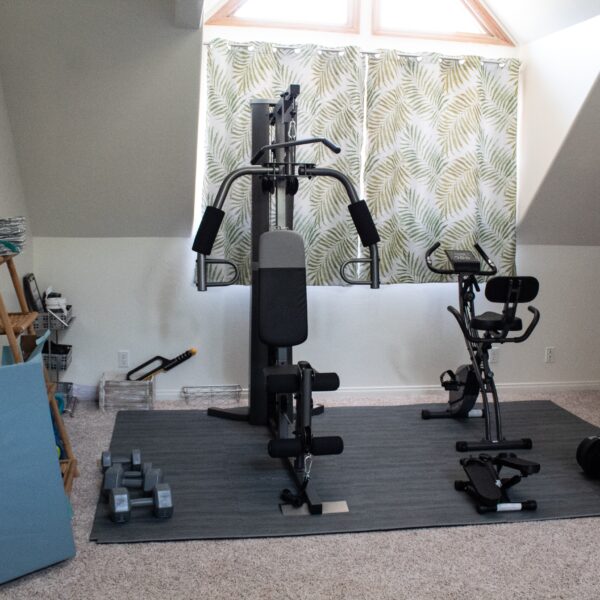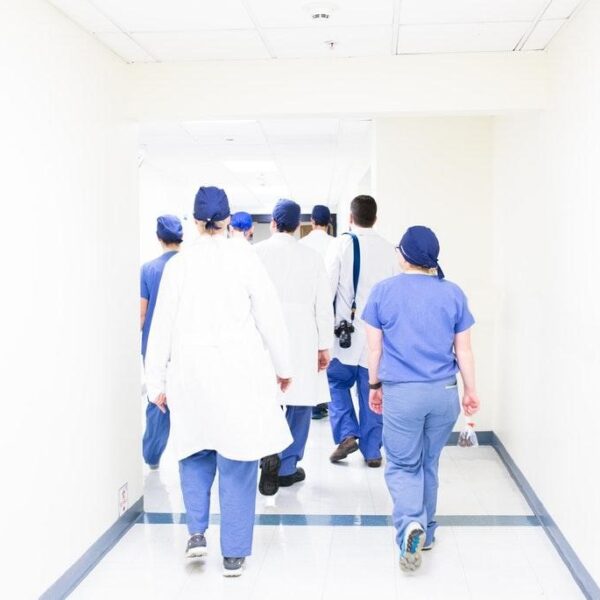Depression is a very serious illness that affects millions of Americans in a deeply personal way. It is not a condition that has simply been made up to sell more drugs, and the fact is that you don’t need to go down the medication route if you choose not to. Many sufferers of depression report severe side effects from the drugs that are supposed to help them, so let’s discuss some other options here. It is important to note though, if you are already taking medication you should consult your doctor before deciding to take other routes.
The first step to getting professional help is as simple as typing ‘Find a Therapist‘ into your browser. The hardest part of beginning the journey back to better mental health is the first step—just do it.
1. Yoga and Meditation
Two of the symptoms of depression are the inability to concentrate and not being able to get to sleep; both of these can be triggered by the fact that your mind is racing with so many negative thoughts. This can cause people to turn to drugs, illegal or otherwise, in an effort to “switch off” and just get some sleep. There are other more natural and harmless ways of doing this such as yoga and meditation, and both should help you calm down and clear your mind enough for you to relieve stress or simply fall asleep at night.
Whether you use these mind and body techniques alone, or as a supplement to your other depression treatments, you may find that the relaxation and stress relief are a big help for your condition. In serious cases these will probably not be enough on their own though, so you should seek help if that’s the case.
2. Transcranial Magnetic Stimulation
TMS therapy is a non-pharmacological treatment for depression which has been cleared by the FDA. It uses magnetic pulses, or a focused magnetic field, to stimulate certain parts of the brain such as the frontal lobe in order to improve the patient’s mood, energy, and overall well-being.
It may seem a little bit weird at first, but it is completely non-invasive, does not require anaesthesia, and has the least reported side effects of most treatments (some patients report slight headaches during first sessions). The physicians at Smart Brain and Health can answer any questions you have, and there is more information available on their website.
3. Eat the Right Foods and Avoid Caffeine
This may sound dismissive at first, and it may sound like we are treating depression lightly by implying that dietary measures will be enough to make it all go away, but we’re not. And, of course, depending on the severity of your symptoms this just might not cut it for you.
There is some science to this diet issue though. For example, you can eat serotonin-enhancing foods which actually mimic what some anti-depressants like Prozac are attempting to do. These foods include those high in omega-3 fatty acids which is present in most fish, with a higher amount in things like anchovies, herring, and wild salmon. Coconut oil can also be used, mixed in with something else if you can’t stand the strong taste. Eating a diet that is high in protein can also have some helpful benefits.
Last of all, try to avoid caffeine as much as possible; it reduces serotonin levels and goes against every other possible treatment you are attempting.




Like this article? Share with your friends!